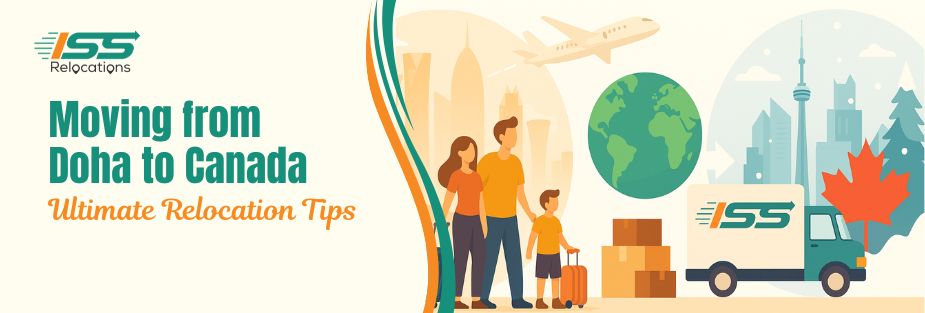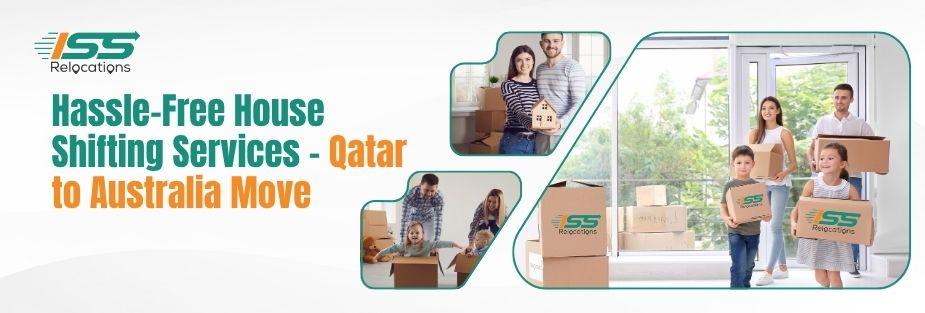
How to calculate the right amount of transit insurance coverage for your moving company
When it comes to moving companies, ensuring that all goods are safely and securely transported to their destination is of the utmost importance. This is why transit insurance coverage is essential for moving companies, as it provides protection against damage or loss during transit. In this article, we will discuss the importance of transit insurance coverage for moving companies and how to calculate the right amount of coverage needed.
Understanding Transit Insurance Coverage
Transit insurance coverage is a type of insurance policy that protects moving companies against damage or loss to goods during transportation. There are different types of coverage options available, such as all-risk coverage, total loss coverage, and named perils coverage. All-risk coverage is the most comprehensive and covers any accidental loss or damage that occurs during transit, while total loss coverage only covers the complete loss of goods. Named perils coverage, on the other hand, only covers specific risks, such as theft or fire.
Coverage amounts are determined based on the value of the goods being transported and the potential risks involved in their transportation. The higher the value of the goods, the higher the coverage amount required. The potential risks involved in transportation, such as the type of goods, distance, and mode of transportation, will also impact the coverage amount required.
Assessing Your Moving Company’s Needs
To determine the appropriate coverage, amount for your moving company, you need to assess the types of goods and equipment that your company typically handles. You should consider the potential risks and hazards involved in transporting these items, such as breakage or theft. Additionally, you should calculate the estimated value of the goods being transported.
For example, if your moving company specializes in transporting high-value artwork or antiques, you would need a higher coverage amount than a company that only transports furniture. You should also consider the mode of transportation, as the risk of damage or loss can vary depending on whether goods are transported by truck, train, or ship.
Determining Coverage Amounts
To calculate the replacement value of goods being transported, you should consider the market value of the goods at their destination. This may require researching local market prices or consulting with experts in the field. You should also consider any costs associated with replacing the goods, such as shipping fees or import taxes.
Once you have determined the replacement value of the goods, you can calculate the appropriate coverage amount based on the potential risks involved. For example, if the goods are being transported over a long distance, the risk of damage or loss may be higher, requiring a higher coverage amount.
To provide examples of how to calculate coverage amounts for various types of goods and equipment, consider the following scenarios:
A moving company is transporting a shipment of electronics worth $50,000 over a distance of 500 miles. Based on the potential risks involved, such as the fragility of the goods and the distance of transportation, the appropriate coverage amount would be $75,000.
A moving company is transporting a shipment of furniture worth $20,000 over a distance of 100 miles. Based on the lower risk involved in transportation, the appropriate coverage amount would be $25,000.
Factors Affecting Transit Insurance Premiums
Apart from the factors mentioned earlier, there are other factors that can impact the cost of transit insurance premiums for moving companies. One of them is deductibles. A deductible is the amount a policyholder is required to pay out of pocket before insurance coverage takes effect. The higher the deductible, the lower the insurance premium. However, it is crucial to strike a balance between a low premium and a manageable deductible in case of an accident or loss.
Another factor that can impact the cost of transit insurance premiums is the claims history of the moving company. Moving companies with a history of frequent claims may be viewed as a higher risk by insurance providers, leading to higher premiums. Therefore, it is crucial to maintain a clean claims history and take steps to mitigate risk during transit.
Coverage limits also impact the cost of transit insurance premiums. The coverage limit refers to the maximum amount of money that the insurance company will pay out in the event of a claim. Higher coverage limits can lead to higher premiums, but it is important to ensure that the coverage limit is high enough to cover the value of the goods being transported.
The geographic location of the moving company and the goods being transported can also impact insurance premiums. Some regions may be more prone to natural disasters or other risks, leading to higher premiums.
The safety record of a moving company may also be considered when determining insurance premiums. Moving companies with a history of accidents or safety violations may be seen as a higher risk and may face higher premiums.
In conclusion, it is important to work with a reputable insurance provider that understands the unique risks and needs of your moving company. By taking steps to mitigate risk, maintaining a clean claims history, and choosing the right coverage options, you can ensure that your moving company has the right transit insurance coverage in place to protect against damage or loss during transportation.
Finding the Right Insurance Provider
Choosing the right insurance provider is crucial for any business, especially for moving companies that rely on transit insurance to protect their goods and equipment during transportation. Here are some tips for finding the right insurance provider for your moving company’s needs:
Research and compare insurance providers: Start by researching insurance providers that specialize in transit insurance coverage for moving companies. Look for providers that have experience working with businesses similar to yours and have a reputation for providing high-quality coverage and customer service.
Check their credentials: Ensure that the insurance provider you choose is licensed to provide transit insurance coverage in your state or region. Check their financial stability ratings and look for reviews and testimonials from other businesses that have worked with them in the past.
Consider the coverage options: Make sure that the insurance provider offers coverage options that are tailored to your moving company’s needs. For example, if you specialize in transporting heavy machinery, you may need specialized coverage options that are designed to protect against damage or loss during transportation.
Look for value-added services: Some insurance providers offer value-added services such as risk management consulting or claims assistance. These services can help you mitigate risks and streamline the claims process, making it easier to recover from any losses.
Conclusion
In conclusion, transit insurance coverage is crucial for moving companies that want to protect their goods and equipment during transportation. By understanding the different types of coverage options available, assessing your company’s needs, and determining the appropriate coverage amounts, you can ensure that your moving company has the right coverage in place to protect against damage or loss during transit. Factors such as the type of goods being transported, distance, and mode of transportation can impact insurance premiums, but there are steps you can take to minimize costs and reduce risks. By choosing the right insurance provider and working with them to identify the best coverage options for your moving company’s needs, you can ensure that your business is protected and your customers are satisfied. Don’t wait until it’s too late – take the necessary steps to ensure your moving company has the right transit insurance coverage in place today.
Plan Stress-free Move with Top Moving Company in UAE - ISS Relocations

Frequently Asked Questions
What is transit insurance for Dubai?
Transit insurance for Dubai protects your belongings during the shipping or transport process, covering potential damage, loss, or theft. ISS Relocations offers comprehensive transit insurance coverage for both local and international moves, ensuring your goods are fully protected while in transit to Dubai.
What does goods in transit insurance cover?
Goods in transit insurance covers the protection of items during transportation against risks like damage, theft, or loss. ISS Relocations provides reliable transit insurance solutions, ensuring that your belongings are secured during their journey to or from Dubai and other destinations.
Why do I need transit insurance?
You need transit insurance to safeguard your belongings against unexpected risks like accidents, theft, or natural disasters during transportation. ISS Relocations offers tailored transit insurance coverage to ensure your items are fully protected throughout the moving process.
What is transit or shipping insurance?
Transit or shipping insurance provides coverage for goods being transported, offering protection from loss or damage during transit. ISS Relocations offers customized shipping insurance plans, ensuring that your items are safe during both short- and long-distance moves.
What is cargo and goods in transit insurance?
Cargo and goods in transit insurance provide coverage for goods being shipped, protecting them from potential risks such as damage, theft, or accidents. ISS Relocations offers these insurance options for international moves, giving you peace of mind while your goods are in transit.
What insurance do I need to deliver goods to UAE?
When delivering goods to the UAE, you typically need transit insurance that covers the shipment while in transit, including customs clearance. ISS Relocations ensures that your goods are covered with comprehensive insurance during transportation to and within the UAE.
What is single transit insurance?
Single transit insurance covers a one-time shipment of goods from one location to another, ensuring they are protected throughout the entire journey. ISS Relocations offers single transit insurance options, making sure your belongings are fully covered during a single move.
Moving Company - Recent Blog
Stay informed and prepared for your next move with our latest blogs on moving services in the UAE. From expert packing tips to international relocation guides, ISS Relocations brings you up-to-date insights to make your moving experience smoother, safer, and stress-free.










